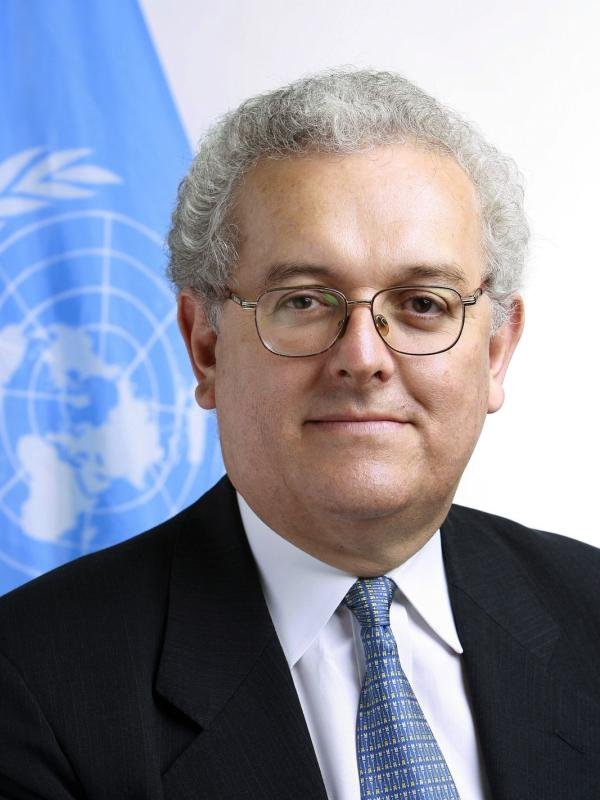A New Approach – Policy Brief #6
In the wake of the financial crisis numerous emerging market and developing countries have been deploying what have traditionally been referred to as ‘capital controls’ to curb excessive speculation on their currencies and domestic assets. In response to those efforts, French President Nicholas Sarkozy called on the International Monetary Fund to develop a set of guidelines for the use of capital controls. The goal is for the President to present such guidelines at the G-20 Summit in Cannes this year. The IMF has published a preliminary set of guidelines to that end. This policy brief provides a critical review of those guidelines and offers an alternative protocol for a development friendly-approach to capital account regulation.
In this policy brief, the co-conveners of the Pardee Center Task Force on Managing Capital Flows for Long-Run Development argue that capital account regulations (CARs) should be viewed as an essential tool in the macroeconomic policy toolkit. Based on discussions that occurred at the Task Force meeting in September 2011, the authors present an alternative set of guidelines for how and when CARs should be employed, and call for international financial institutions and international trade agreements to ensure that policy space remains available to allow developing countries to employ CARs when deemed necessary for financial stability and economic development.
A detailed report of the discussions and recommendations stemming from the Task Force meeting will be published by the Pardee Center in 2012. The Task Force was convened by Boston University’s Pardee Center in collaboration with the Initiative for Policy Dialogue at Columbia University, and the Global Development and Environment Institute at Tufts University.
About the Authors
Stephany Griffith-Jones
Financial Markets Program Director
Initiative for Policy Dialogue (IPD)
Stephany Griffith-Jones is an economist specialising in international finance and development, with emphasis on reform of the international and national financial system, especially in relation to financial regulation and global governance. She is Financial Markets Director at the Initiative for Policy Dialogue, Columbia University. Previously she was Professorial Fellow at the Institute of Development Studies at Sussex University. She was Director of International Finance at the Commonwealth Secretariat and worked at UN DESA and ECLAC. She was senior consultant to governments in Eastern Europe, Latin America and Africa and many international agencies, including the World Bank, the IADB, the European Commission, UNDP and UNCTAD. She was a member of the Warwick Commission on financial regulation. She currently is theme leader on finance in the ESRC /DFID growth programme for LICs, especially African ones. She has published over 20 books and many scholarly and journalistic articles. Her books include Time for the Visible Hand, Lessons from the 2008 crisis, edited jointly with José Antonio Ocampo and Joseph Stiglitz.
José Antonio Ocampo
Professor of Professional Practice at Columbia University and former Minister of Finance of Colombia
Columbia University
Jose Antonio Ocampo is a Professor of Professional Practice in the School of International and Public Affairs and former Minister of Finance of Colombia. He is also a Fellow of the Committee on Global Thought at Columbia University. Prior to his appointment at Columbia, Professor Ocampo served as the United Nations Under-Secretary-General for Economic and Social Affairs, and head of UN Department of Economic and Social Affairs (DESA), as Executive Secretary of the UN Economic Commission for Latin America and the Caribbean (ECLAC), and has held a number of high-level posts in the Government of Colombia, including Minister of Finance and Public Credit, Director of the National Planning Department, and Minister of Agriculture . Professor Ocampo is author or editor of over 30 books and has published over 200 scholarly articles on macroeconomic theory and policy, international financial issues, economic development, international trade, and Colombian and Latin American economic history.
 José Antonio Ocampo
José Antonio Ocampo Stephany Griffith-Jones
Stephany Griffith-Jones
 Martín Guzmán
Martín Guzmán Joseph Stiglitz
Joseph Stiglitz Ignacio González
Ignacio González